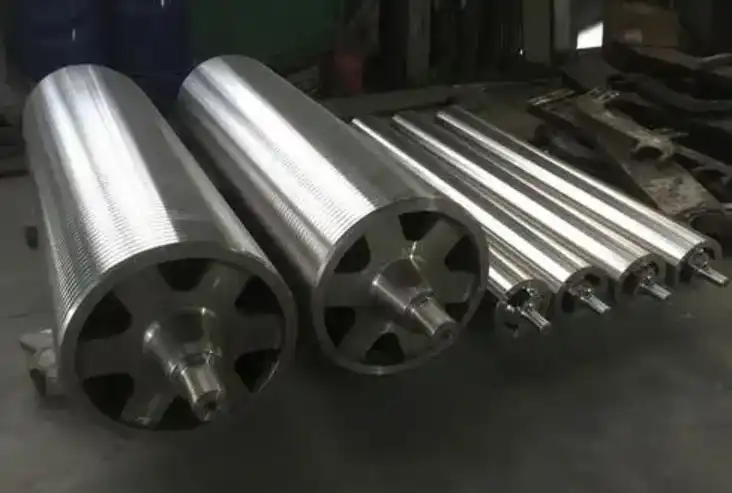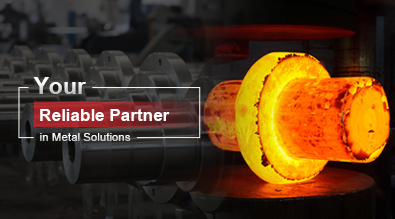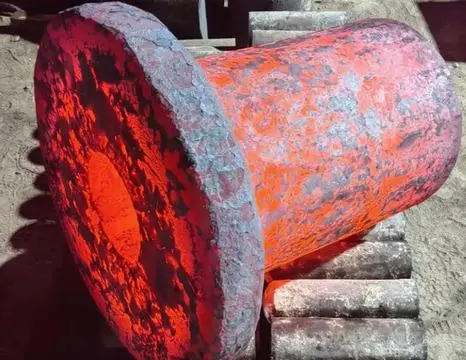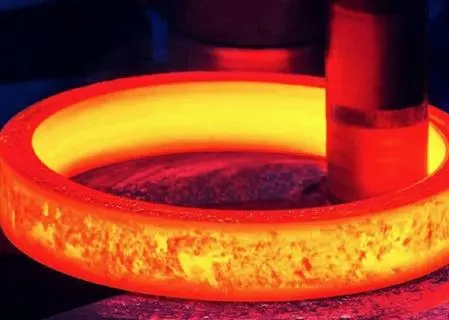Types of Stabilizer Rolls and Their Applications
Steel Stabilizer Rolls
Steel stabilizer rolls are widely used in heavy-duty applications due to their durability and strength. These rolls are often employed in metal processing industries, such as steel mills and aluminum production facilities. The robust nature of steel rolls allows them to withstand high temperatures and pressures, making them ideal for applications where maintaining product flatness and tension is critical. In the automotive industry, steel stabilizer rolls are utilized in the production of body panels and other metal components, ensuring consistent quality and dimensional accuracy.
Rubber-Covered Stabilizer Rolls
Rubber-covered stabilizer rolls offer enhanced grip and conformability, making them suitable for applications where surface protection is paramount. These rolls are commonly used in the paper and textile industries, where they help maintain uniform tension and prevent wrinkles or creases in the final product. The rubber coating provides a softer contact surface, reducing the risk of damage to delicate materials. In the printing industry, rubber-covered stabilizer rolls play a crucial role in ensuring precise ink transfer and maintaining consistent print quality across large production runs.
Composite Stabilizer Rolls
Composite stabilizer rolls combine the benefits of multiple materials to achieve specific performance characteristics. These rolls often feature a lightweight core material, such as carbon fiber or fiberglass, with a specialized surface coating. Composite rolls are increasingly popular in high-speed production environments, such as packaging and film manufacturing, where reduced inertia and improved vibration damping are essential. The aerospace industry also utilizes composite stabilizer rolls in the production of composite materials for aircraft components, ensuring uniform resin distribution and fiber alignment.
Factors Influencing Stabilizer Roll Performance
Material Selection
The choice of materials used in stabilizer roll construction significantly impacts their performance and longevity. High-quality alloys, such as stainless steel or specialized polymers, offer superior corrosion resistance and dimensional stability. In industries dealing with aggressive chemicals or high-temperature processes, the material selection becomes even more critical. For instance, in the oil and gas sector, stabilizer rolls used in refining processes must withstand extreme conditions while maintaining their structural integrity and surface properties.
Surface Finish and Coating
The surface finish of stabilizer rolls plays a vital role in determining the quality of the final product. Precision-ground surfaces with specific roughness profiles can enhance grip, reduce slippage, and improve overall process control. Advanced coatings, such as ceramic or chrome plating, can provide additional benefits such as increased wear resistance and improved release properties. In the medical equipment industry, where cleanliness and precision are paramount, specially coated stabilizer rolls ensure contamination-free production of sensitive components.
Precision Balancing and Alignment
Proper balancing and alignment of stabilizer rolls are crucial for maintaining consistent performance across the entire production line. Even minor imbalances or misalignments can lead to vibrations, uneven pressure distribution, and ultimately, defects in the final product. Advanced manufacturing techniques, such as dynamic balancing and laser alignment, ensure that stabilizer rolls operate with minimal runout and maximum efficiency. In the aerospace industry, where tolerances are extremely tight, precision-balanced stabilizer rolls contribute to the production of high-quality components that meet stringent safety and performance standards.
Impact of Stabilizer Rolls on Various Industries
Metallurgical and Mining Machinery
In the metallurgical and mining machinery sector, stabilizer rolls play a critical role in ensuring the quality of processed materials. These rolls are integral to operations such as ore beneficiation, mineral processing, and metal forming. By maintaining consistent pressure and alignment during these processes, stabilizer rolls contribute to improved product uniformity and reduced waste. For example, in the production of high-grade steel sheets, precisely engineered stabilizer rolls help achieve the desired thickness and surface finish, meeting the exacting standards of industries like automotive manufacturing and construction.
New Energy Equipment Manufacturing
The growing field of new energy equipment manufacturing relies heavily on advanced stabilizer roll technology to produce high-quality components. In solar panel production, stabilizer rolls ensure the uniform application of photovoltaic coatings, directly impacting the efficiency and longevity of the final product. Similarly, in the manufacture of wind turbine blades, specialized stabilizer rolls help maintain consistent fiber orientation and resin distribution, crucial factors in achieving the required strength-to-weight ratio. As the demand for renewable energy solutions continues to rise, the role of stabilizer rolls in ensuring product quality becomes increasingly significant.
Food Machinery
In the food machinery industry, stabilizer rolls are essential for maintaining hygiene standards and product consistency. These rolls are used in various applications, from dough sheeting to confectionery production. The ability of stabilizer rolls to provide uniform pressure and tension ensures that food products maintain consistent thickness and texture throughout the production process. In packaging operations, precision-engineered stabilizer rolls contribute to the creation of airtight seals and wrinkle-free surfaces, crucial for preserving food quality and extending shelf life. The use of food-grade materials and specialized coatings on these rolls further ensures compliance with stringent safety regulations in the industry.
In conclusion, the impact of stabilizer rolls on final product quality is profound and far-reaching across numerous industries. From ensuring dimensional accuracy in metalworking to maintaining consistency in food production, these precision components play a vital role in modern manufacturing processes. As technology continues to advance, the development of increasingly sophisticated stabilizer rolls will undoubtedly lead to further improvements in product quality, efficiency, and innovation across various sectors. For more information on how stabilizer rolls can enhance your specific manufacturing processes and improve product quality, please contact us at info@welongpost.com.




